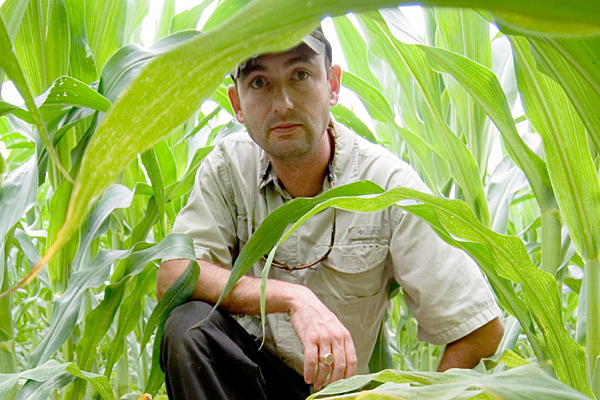For those who love gardening whether a novice or an experienced plant lover, the Master Gardener training class begins January 24th. Classes will be held at the Lake Mayer Community Center and the Bamboo Farm. The class meets from nine to noon on Tuesdays and Thursdays and concludes May 24th. The course is open to Chatham and surrounding county residents.
The Master Gardener class is sponsored by the University of Georgia Extension Office and covers a wide range of topics such as soils, turf, fertilizers, organic farming, xerospace methods, herbs, vegetable gardening, plant propagation, native plants and habitats, irrigation, mulching, pruning and features guest speakers from throughout the State. The course includes field trips and hands on experiences.
Cost: $145.00 – Covers all books and materials
Registration information can be found for all area residents below:
For more information about registration, contact Dave Linville, Chatham County Cooperative Extension Horticulture Agent at 912 652 7981 or dlinville@uga.ed
Bryan County Extension -
http://www.bryanextension.org/ or call (912) 653-2231
Liberty County Extension - 912-876-2133
Effingham County Extension - 912-754-8040
UGA Extension (main site)
http://extension.uga.edu/
Graduates may become a member of the Coastal Master Gardeners Association who provide volunteer hours for projects such as Habitat for Humanity landscaping, caring for old camellias at Bonaventure Cemetery, working for the Botanical Garden on Eisenhower Drive, teaching at the “Roots and Shoots” program for area school children at Bamboo Farms, and other gardening venues benefitting the community. The Association meets throughout the year with informative gardening presentations and to socialize and swap plants with other gardeners.
 One graduate student and five graduate alumni of the Department of Plant and Soil Sciences in UD's College of Agriculture and Natural Resources (CANR) were presented awards by the Soil Science Society of America (SSSA) and the American Society of Agronomy (ASA) at the national meetings of the societies in San Antonio, Texas.
One graduate student and five graduate alumni of the Department of Plant and Soil Sciences in UD's College of Agriculture and Natural Resources (CANR) were presented awards by the Soil Science Society of America (SSSA) and the American Society of Agronomy (ASA) at the national meetings of the societies in San Antonio, Texas.























































